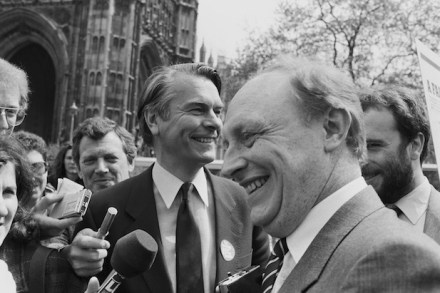Why shouldn’t people have a flutter on the Pistorius trial?
You can bet on all manner of scummy things on Paddy Power: when Fergie and Andrew will remarry; how Julian Assange will leave the Ecuadorian embassy (odds for him leaving in a diplomatic bag are currently 20/1). Now you can also bet on the outcome of the Pistorius trial. I’ve got a fiver on the Blade Runner getting off. I jest. But given the extensive coverage lavished on the trial so far, is it any wonder that people are starting to have a flutter. The scrutiny has been astonishing – with live television and radio broadcasts available for anyone who cares. South Africa even has a 24-hour TV channel devoted to coverage





















